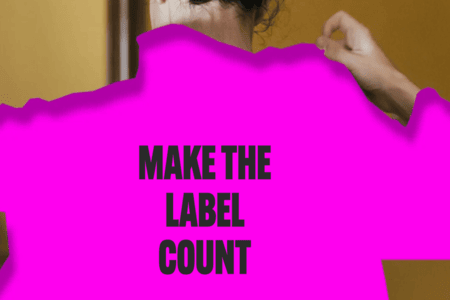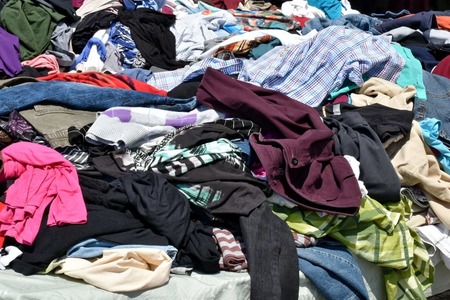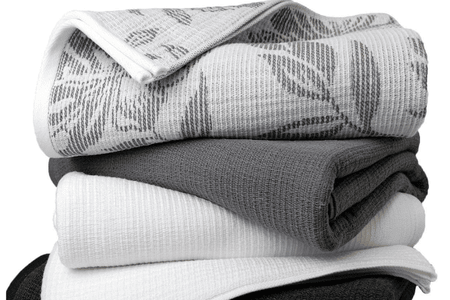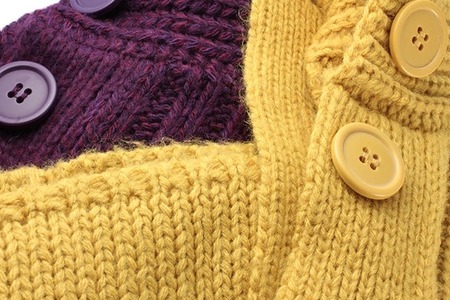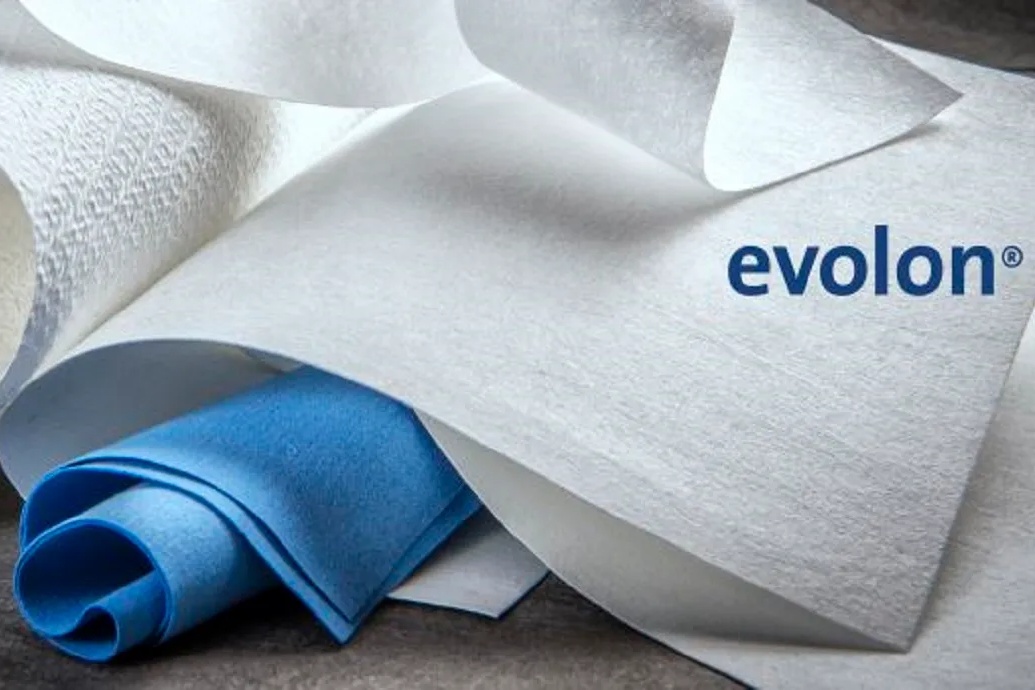
Freudenberg offers technical textiles with 35% less CO2 emissions
YarnsandFibers News Bureau 2023-01-12 17:08:53 – GermanyFreudenberg Performance Materials (Freudenberg), a German company, offers technical packaging textiles with a 35% lower carbon footprint by utilizing a large share of recycled content in its Evolon materials. An independent life cycle assessment (LCA) analysis revealed further advantages like reduced water consumption and energy resource savings.
The cradle-to-gate carbon footprint of Evolon packaging textile materials was reduced by 35% by using recycled PET in place of virgin PET. This is the outcome of a study by an independent LCA and eco-design consultant company, which evaluated different Evolon products composed of virgin PET or recycled PET from Cradle to Gate.
According to a news statement from Freudenberg, the study was completed in 2022 and followed the guidelines of the Product Environmental Footprint and the Circular Footprint Formula while adhering to the principles of ISO 14040/14044 standards.
The study also showed large savings of minerals, metals, and energy carrier resources, as well as extra significant benefits on other parameters like lower water use, fewer emissions into water, and lower ozone generation. Last but not least, Freudenberg has determined the projects that need to be completed first in order to significantly reduce the material's CO2 emissions.
Because low-CO2 energy sources are used throughout the manufacturing process of Evolon microfilament textiles, they have a low carbon footprint. The lightweight materials can be utilized repeatedly throughout whole production schedules. Additionally, the new Evolon RE fabrics have up to 85% recycled PET that is made internally from post-consumer PET bottles.
Reusable technical packaging made of Evolon textiles eliminates the need for thousands of disposable packaging materials. Evolon fabrics provide high-end surface protection for painted parts, molded plastic parts, and other delicate industrial and automotive parts during transport that is scratch- and lint-free. This benefits the environment and the economy by reducing the pace at which parts are scrapped.
Market Intelligence
Ask for free sample Report

experience
Customer Base
dedicated team
Countries Served Worldwide




